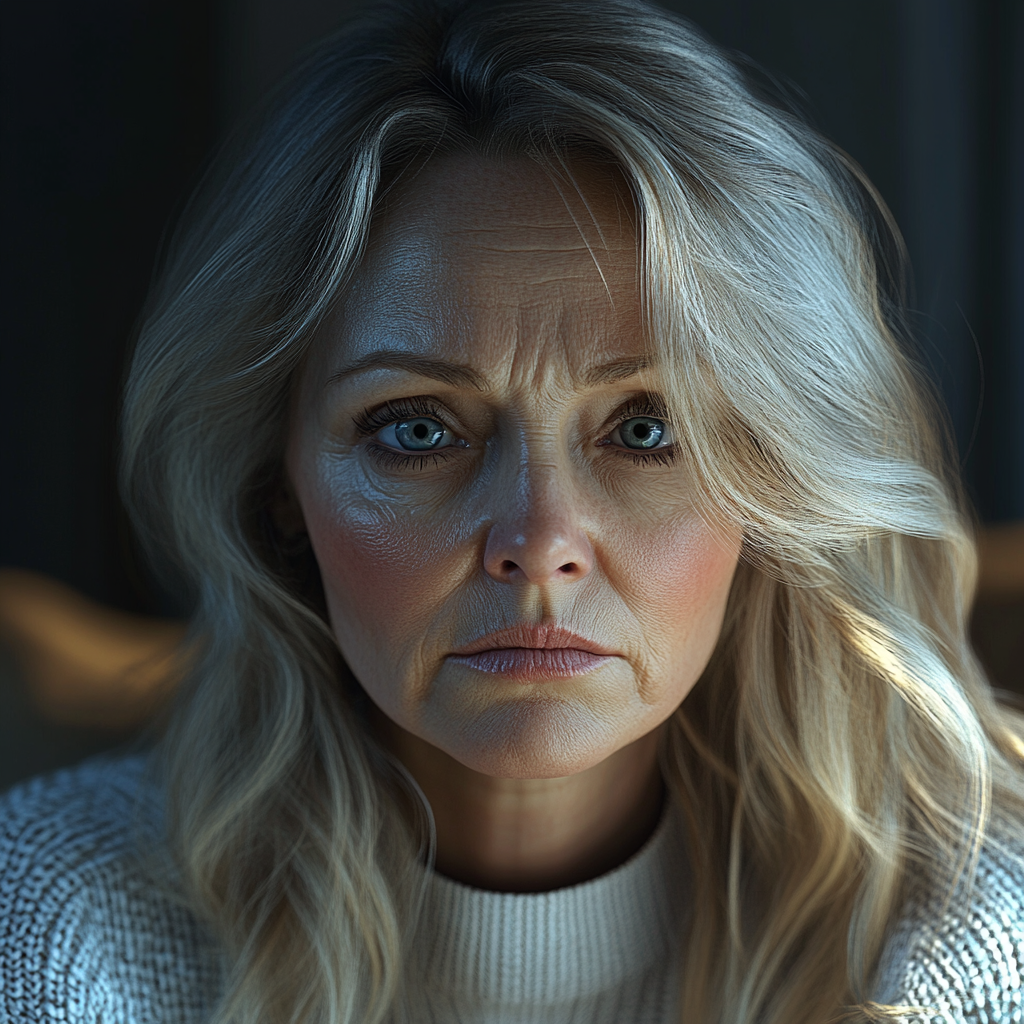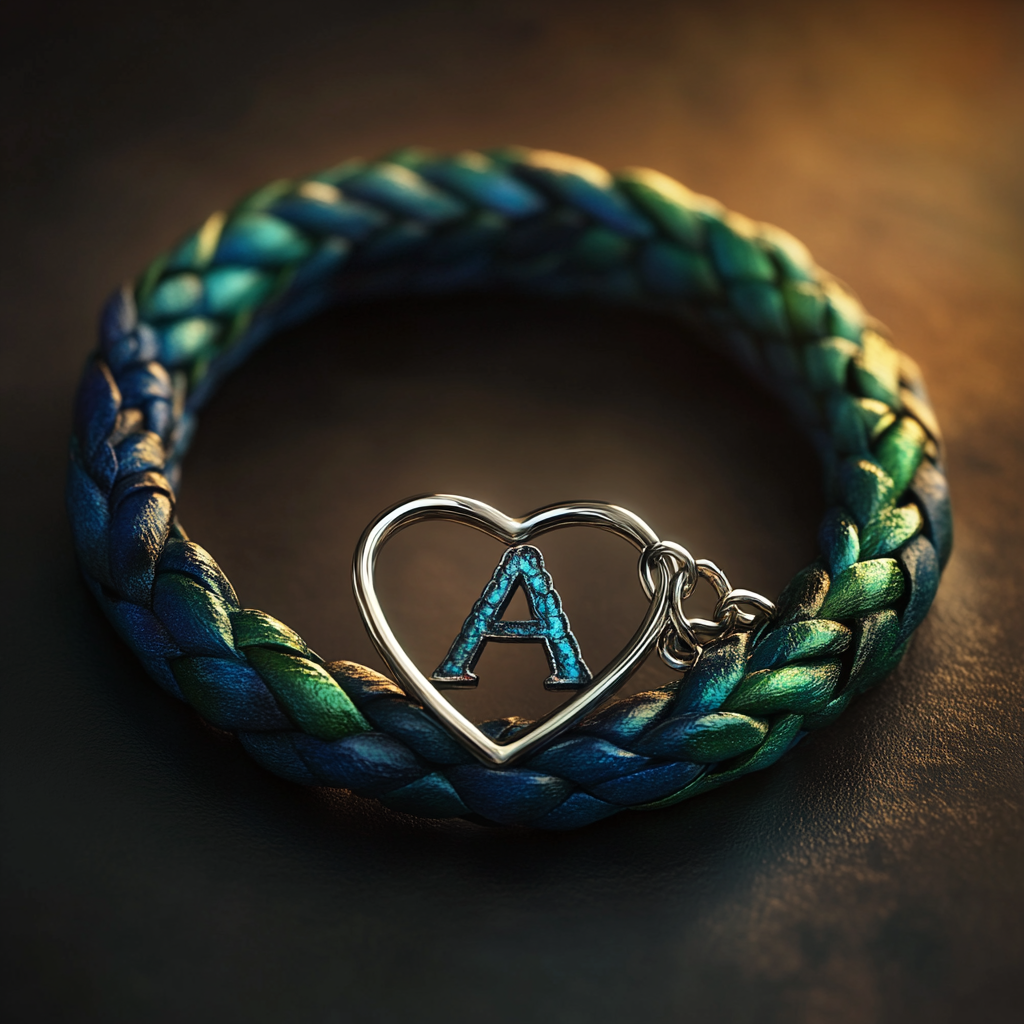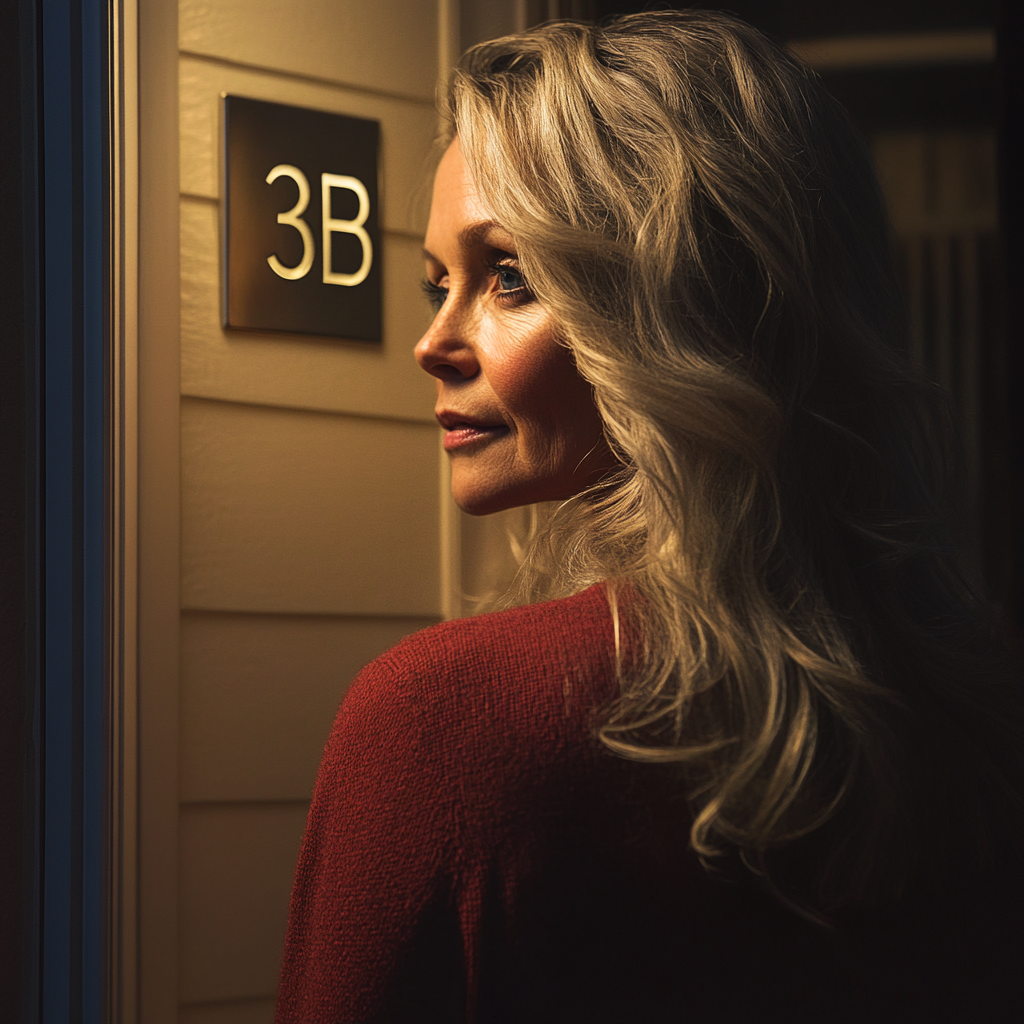Sir David Attenborough is a widely revered figure in the realm of natural history and broadcasting. With a career spanning over six decades, he has captivated audiences around the world with his nature documentaries, fostering a deep appreciation for the wonders of the natural world.
Early on, Attenborough’s fascination with the natural sciences led him to study at the University of Cambridge. After completing his studies, he embarked on a broadcasting career with the BBC in 1952. In the pioneering series “Zoo Quest,” Attenborough not only produced but also appeared on camera, setting the stage for his future endeavors and establishing his engaging and informative style.

In the 1970s, Attenborough made a significant shift in his career, transitioning back to content creation from administrative roles within the BBC. This shift led to the creation of the groundbreaking series “Life on Earth” in 1979, which reached an astonishing 500 million viewers worldwide. Attenborough’s subsequent works, such as “The Blue Planet” and “Planet Earth,” have been acclaimed for their extensive research, stunning cinematography, and his captivating narration.
What truly sets Sir David Attenborough apart is not only his immense knowledge of the natural world but also his ability to connect with audiences. His warm and engaging narration conveys both a sense of wonder and an urgent call for environmental conservation.

Throughout his illustrious career, Attenborough has received numerous accolades, including BAFTAs, Emmys, and the distinguished Order of Merit from Queen Elizabeth II. His unwavering commitment to raising awareness about the beauty and fragility of our planet has not only made him a respected broadcaster but also a global advocate for environmental issues. Even in his 90s, his work continues, leaving a lasting impact on future generations.
Now, at the age of 97, Sir David Attenborough openly admits to grappling with memory loss, particularly when it comes to remembering names during scriptwriting. However, this natural decline in memory does not hinder his career or disrupt his daily life. It is estimated that around 40% of people experience memory loss after the age of 65, but this does not necessarily indicate dementia. Attenborough firmly refuses retirement, declaring that “putting your feet up is all very well, but it’s very boring.”

Despite these memory challenges, Sir David Attenborough continues to inspire through his ongoing series, “Planet Earth III,” where he highlights the importance of coexisting with nature and takes on our responsibility towards it. His resolute dedication to his craft and his enduring passion for the natural world make him a living legend and an inspiration to people of all ages.

Woman Spots Bracelet She Made for Missing Son on Waiter’s Hand After Two Years & Confronts Him Before Paying the Bill

For two years, Elena replayed the last words her son said before he mysteriously vanished. She clung to hope for a sign he was still out there. Then one day, she found it — a bracelet she’d made for him, now on a stranger’s wrist. That discovery brought her closer to the answers she longed for.
The faint scent of lavender clung to Elena’s coat, a reminder of the fabric spray she’d spritzed on before leaving her hotel room. She sat by the café window, staring at the misty drizzle streaking the glass. This new city wasn’t home; it never had been. She was here on yet another last-minute business trip. Normally, she could distract herself with work, but today her thoughts wouldn’t settle.
They were stuck on Aaron. It had been two years since her son vanished. No goodbye, no explanation… just gone.

An emotional senior woman lost in deep thought | Source: Midjourney
He was 20 when he left, an age when he should have been figuring out life, not running from it.
The only thing he left behind was haunting silence.
And Elena? She was left with sleepless nights and memories that cut sharper with every passing day. She’d looked for him everywhere, even on social media. But in vain.

Grayscale shot of a young man walking on the road | Source: Pexels
Her phone buzzed with another message from her sister Wendy. “Any news?” she asked, like clockwork. Every morning, same question, same hope.
“Nothing,” Elena typed back, her fingers trembling slightly. “Just another day of wondering if he’s even alive.”
“He is,” Wendy replied instantly. “You’d know if he wasn’t. A mother always knows.”

A teary-eyed woman holding her phone | Source: Midjourney
Elena closed her eyes, remembering the last conversation they’d had before he disappeared. “I’m going out,” Aaron had said, casual as ever. “Don’t wait up.”
“Text me when you get home,” she’d called after him.
“I will, Mom. I will.”
But he never did. That text never came.
On her nightstand back home, there was a picture of him at ten, his face beaming with pride as he showed off the bracelet she’d made for him. Blue and green leather braided tightly, with a small silver charm etched with his initial.

A blue and green braided leather bracelet bearing an initial in a heart-shaped ornament | Source: Midjourney
She remembered tying it around his little wrist, telling him, “It’s one in a million. Just like you.”
“Really, Mom?” he’d asked, eyes sparkling. “You mean that?”
“With all my heart, sweetie. You’re the best thing that ever happened to me.”
And now? Two years without him, and all she had left were those words echoing in her head.
A soft clink of plates pulled Elena out of her thoughts. The waiter set her order down — a plate of eggs and toast she’d barely looked at on the menu. The warm smell of coffee and pastries filled the air, but her appetite was nowhere to be found.

A plate of egg and toast on a table | Source: Pexels
She picked at the crust of the toast, her mind wandering. Where is he? Is he safe? Does he even know how much I love him?
The sound of footsteps brought her back again. The waiter, a young man with a friendly smile, returned with the bill. She handed him her card without looking up. But as he reached for it, something caught her eye.
A bracelet.
Braided blue and green leather with a small silver charm.
Her breath hitched. “It’s… Oh my God, it’s the SAME BRACELET — AARON’S.”

A man wearing a leather bracelet | Source: Midjourney
She stared, her hand trembling. “Where… where did you get that?” Her voice barely made it past the lump in her throat.
The waiter paused, looking at his wrist. “Oh, this?” He laughed nervously. “It was a gift.”
Her heart raced. “From who?”
His smile faded, replaced with confusion. “My fiancé.”
The room felt like it had tilted. Elena clutched the edge of the table, her voice trembling. “Who is he? What’s his name?”
“Ma’am, are you okay?” he asked, genuine concern in his voice. “You’re shaking.”

An anxious man | Source: Midjourney
“That bracelet,” she whispered, reaching out to touch it but stopping herself. “I remember every knot and every thread. I spent hours making it perfect because… because he deserved perfect.”
The man’s brows knitted together defensively. “I don’t see why that’s any of your business.”
She pointed at the bracelet, her voice cracking. “Because I made that. FOR MY SON.”
A silence fell between them, heavy and uncertain.
The waiter — Chris, his name tag read — studied her, his face shifting from confusion to realization. “Wait,” he said slowly, “you’re Adam’s mom?”
Elena stared at him, hardly able to breathe. “Adam? No, my son’s name is Aaron. You know my son?”

A woman shaken to her core | Source: Midjourney
The waiter shook his head. “No. But he told me he left everything behind, including his name. I… I never knew why. And he doesn’t go by Aaron anymore. He’s Adam now.”
The name hit her like a slap. Adam. Why would he change his name? Why would he leave his life behind?
“Why?” Elena whispered. “Why would he do that?”
“Please,” she begged, “I need to understand. Every night for two years, I’ve imagined the worst. Car accidents, kidnapping, murder. Do you know what it’s like to wake up every morning wondering if your child is dead?”

A shocked woman | Source: Midjourney
Chris glanced around, lowering his voice. “Look, I don’t know everything. He’s never talked much about his past. But he said… he said he didn’t think you’d accept him.”
“Accept him? For what?”
Chris shifted uncomfortably, then glanced at his wrist. “For me. For us.”
“Us?” she repeated, the word heavy on her tongue. “You mean…”
“We’re engaged,” Chris said softly, touching the bracelet. “He gave me this the night I proposed. Said it was the most precious thing he owned.”

A man flaunting his engagement ring | Source: Pexels
The words landed like bricks, crushing and unrelenting. All the tiny moments she’d overlooked over the years came rushing back: Aaron hesitating before telling her about certain friends, dodging questions about who he spent time with. Her heart twisted. He’d been scared. Scared of her.
“All those times,” she whispered, more to herself than Chris. “All those times he started to tell me something important, then changed the subject. Was he trying to…?”
Chris nodded gently. “He told me that he’d tried to tell you many times. But the words wouldn’t come. He was afraid.”
Tears blurred Elena’s vision. “I didn’t know,” she whispered. “I never knew he thought that.”

A heartbroken woman | Source: Midjourney
Chris’s eyes softened. “He doesn’t talk about it much, but it’s clear he’s still carrying that fear. Look, I’m not trying to make you feel bad… he loves you, in his own way. He kept this bracelet with him all the time before he gave it to me. It means something to him.”
“Did he ever…” she swallowed hard. “Did he ever talk about me?”
“All the time. He keeps your photo in his wallet — the one of you holding him on his first birthday. Sometimes I catch him looking at it when he thinks I’m not watching.”

Grayscale shot of a mother holding her child | Source: Pexels
The room felt like it was closing in on Elena. “Please,” she said, clutching Chris’s arm. “Tell me where he is. I just want to see him. I need to tell him…” Her voice faltered. “I need him to know I love him. No matter what.”
Chris hesitated. “He might not be ready for that.”
“Please. Two years, Chris. Two years of empty holidays, of setting a place at the table just in case, of jumping every time the phone rings. I can’t do it anymore.”

A hesitant man | Source: Midjourney
After a long pause, he sighed and pulled out a receipt, scribbling an address. “He’s scared, but… maybe this will help him, too.”
Elena clutched the address in her hand, standing outside a modest brick apartment building. The soft hum of the city filled the air, but it was drowned out by the sound of her heartbeat.
She stared at the buzzer. Her hand hovered over the button for Apartment 3B. What if he didn’t want to see her? What if he told her to leave?

A woman standing outside an apartment | Source: Midjourney
Her phone buzzed again. “Did something happen?” Wendy asked. “You’ve been quiet all day.”
“I found him,” Elena typed back, hands shaking. “Wendy, I found him.”
“Oh my God,” she replied instantly. “Where are you? Do you need me there?”
“No,” Elena wrote. “This is something I need to do alone.”
Before she could talk herself out of it, the door creaked open.
He stood there, looking at her like he was seeing a ghost. His hair was longer, his face thinner. He wasn’t a boy anymore. Before her stood a man, carrying an exhaustion and wisdom far beyond his age. But his eyes — those brown eyes that used to light up with mischief — were still the same.
“MOM?”

A stunned man standing at the doorway | Source: Midjourney
“You kept the photo,” she blurted out, remembering what Chris had said. “The one from your first birthday.”
Aaron’s hand instinctively went to his back pocket, where his wallet sat. “How did you…?”
“Chris,” Elena said softly. “He told me everything.”
Tears streamed down her face. “Aaron,” she said, choking on the name. “Or Adam. Whatever you want to call yourself. I don’t care. I just… I need you to know I love you. I always have.”

A heartbroken senior woman | Source: Midjourney
He blinked, his face crumpling. “You don’t… you don’t care?”
“Care?” She stepped closer, her voice breaking. “The only thing I care about is that you’re alive, that you’re safe. Do you know how many times I called hospitals? Morgues? How many times I walked past homeless people, wondering if one of them was you?”
She reached for his face, touching it gently, making sure he was real. “I don’t care who you love. I don’t care where you’ve been. I just want my son back.”
“But I’m different now,” he whispered. “I’m not who you wanted me to be.”

A sad man with his eyes downcast | Source: Midjourney
“You’re exactly who you’re supposed to be. And I’m so sorry if I ever made you feel like you couldn’t tell me that.”
For a moment, he stood frozen. Then he threw his arms around her, burying his face in her shoulder. “I’m so sorry, Mom,” he sobbed. “I was so scared. I thought if you knew…”
“No, baby,” she whispered, holding him tight. “I’m sorry. I’m sorry you carried that fear alone.”
The next morning, Elena sat at their kitchen table, a mug of coffee warming her hands. Aaron sat across from her, his hand clasped in Chris’s. They looked happy, comfortable, and so clearly in love.

Two men holding hands | Source: Pexels
“So, wait,” Chris said, laughing. “You painted the cat?”
Aaron groaned. “I was six! It seemed like a good idea at the time.”
“In his defense,” Elena added, smiling, “the cat did look rather festive in purple.”
“Mom!” Aaron protested, but he was grinning. “I thought we agreed never to tell anyone about that!”
“Oh, sweetie,” she laughed, “I have years of embarrassing stories to catch up on. Chris needs to know what he’s getting into.”

A delighted woman | Source: Midjourney
Chris squeezed Aaron’s hand. “I think I already know exactly what I’m getting into.” He glanced at Elena. “And who I’m getting as a mother-in-law.”
She smiled, her chest lighter than it had been in years. The bracelet was back on Aaron’s wrist, glinting in the morning sunlight.
“You’re still one in a million, you know,” she said softly.
He reached across the table, his eyes full of emotion. “So are you, Mom.”

A man smiling | Source: Midjourney
“We have so much to catch up on,” she said, wiping away a tear. “So many moments to make up for.”
“We have time,” he said softly. “All the time in the world.”
And for the first time in two years, Elena believed it.

A woman looking up at someone and smiling | Source: Midjourney
This work is inspired by real events and people, but it has been fictionalized for creative purposes. Names, characters, and details have been changed to protect privacy and enhance the narrative. Any resemblance to actual persons, living or dead, or actual events is purely coincidental and not intended by the author.
The author and publisher make no claims to the accuracy of events or the portrayal of characters and are not liable for any misinterpretation. This story is provided “as is,” and any opinions expressed are those of the characters and do not reflect the views of the author or publisher.



Leave a Reply